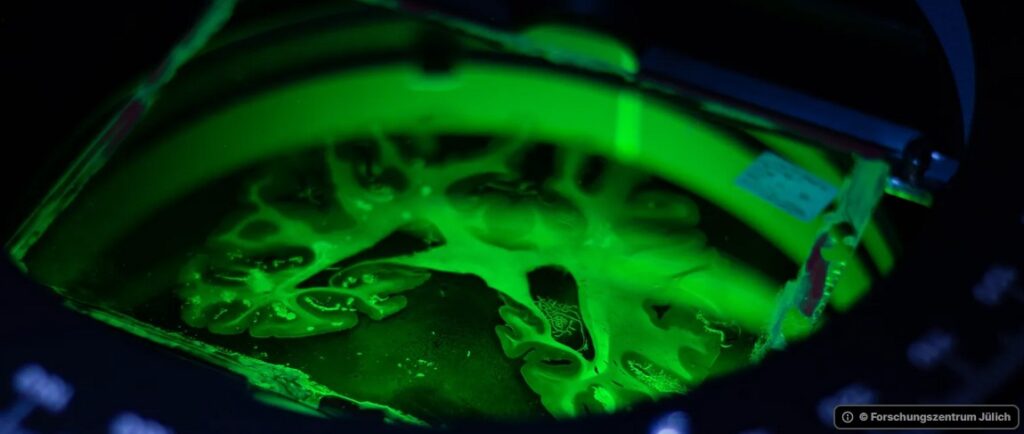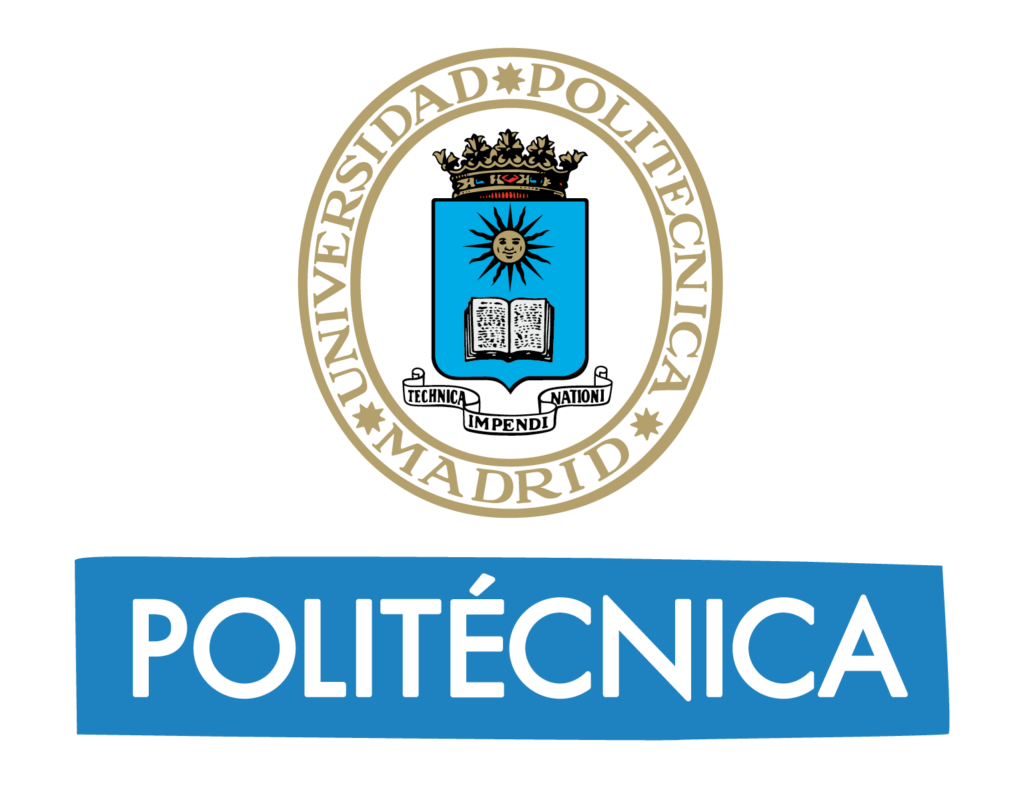Created within the framework of the Human Brain Project , which concluded last September 30 after 10 years of research and innovation work, EBRAINS remains an invaluable resource for the scientific community given the leading-edge tools, models, data and services that it makes available for the study of the brain. In this new phase, after inheriting HBP’s legacy, EBRAINS aims to become a sustainable research infrastructure.
EBRAINS hosts vanguard neuroscience services, big data, robotics and related technologies, supported by High Performance Computing resources. EBRAINS aims to translate scientific findings into medical and industrial innovations for the benefit of patients and society in general.
EBRAINS brings cutting-edge services to the scientific community for addressing the study of the brain:
- Data and knowledge. EBRAINS data and knowledge services support neuroscience research by providing online solutions to facilitate the exchange of research data, computational models and software. Learn More
- Atlas. Brain atlases provide spatial reference systems for neuroscience, define shape, location and variability of brain regions in common coordinate spaces, and allow interpretation, integration, and comparison of observations and measurements collected from different sources. Learn More
- Simulation. EBRAINS Simulation services offer technical solutions for brain researchers to conduct sustainable simulation studies and build upon prior work, and the means to share their results. Learn More
- Brain-Inspired Technologies. EBRAINS neuromorphic computing systems provide simulations and emulations of neural networks of impulses, key to understanding the functioning of the human brain, using specialized, high-performance, low-power hardware systems. Learn More

The Spanish Node of EBRAINS
The Universidad Politécnica de Madrid is the leading coordinator of the Spanish node of EBRAINS, which brings the European vision of EBRAINS to the national level and implements a series of activities to position the Node as a strategic actor of the Spanish Neuroscience ecosystem. The Node is represented by several universities, research and technology centers, hospitals, and industrial companies.
The members provide the EBRAINS community with a varied range of technical and clinical resources, like functional brain imaging techniques with patient data and intracranial registries, diagnostic tools to evaluate image-based biomarkers in neurodegenerative diseases, prognostic tools based on artificial intelligence, or computational imaging data biobanks for brain research, among other tools and facilities.
Collaborative research and innovation work within the Node will serve to address two specific scientific challenges: development of clinical solutions to better understand and address memory problems, and acceleration of neurorehabilitation innovation processes to tackle motor disorders.
To make the most of the members´ efforts, the Node decisions must be permanently aligned with EC research and innovation policies and framework programs in Neuroscience and Neurotechnology. During 2023 and 2024 the Ministry of Science and Innovation has recognized the strategic importance of the Spanish Node by endorsing the initiative and giving a grant to reinforce the Node communication, networking, and dissemination dimensions.
Further details about EBRAINS and the contact details of the UPM are available at https://neurotec.upm.es/ebrains/ and https://www.ebrains.eu/national-nodes/spain






